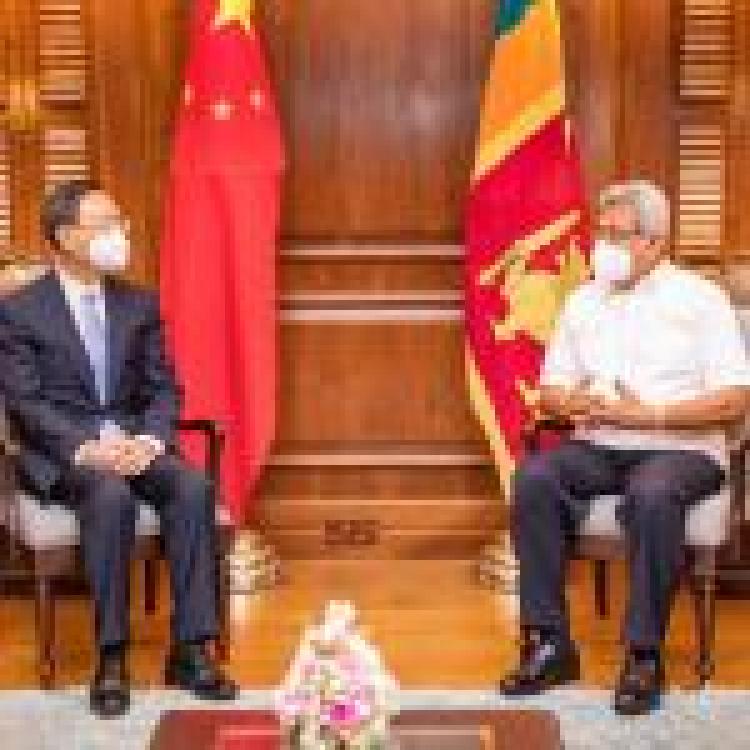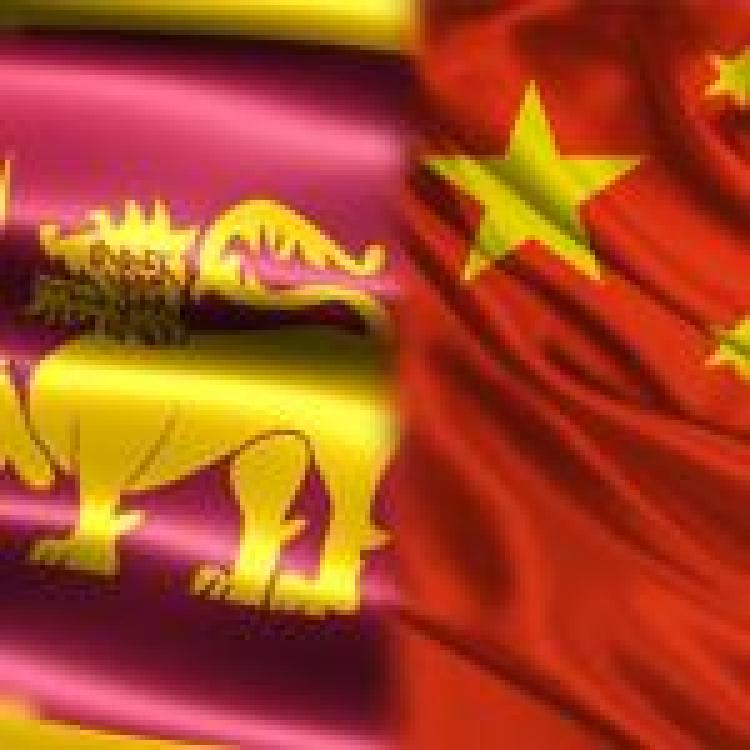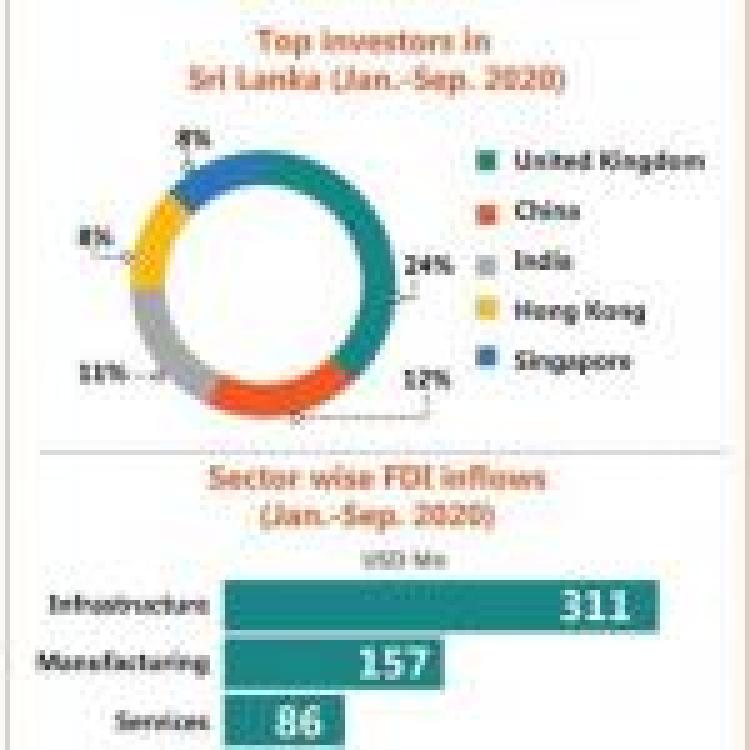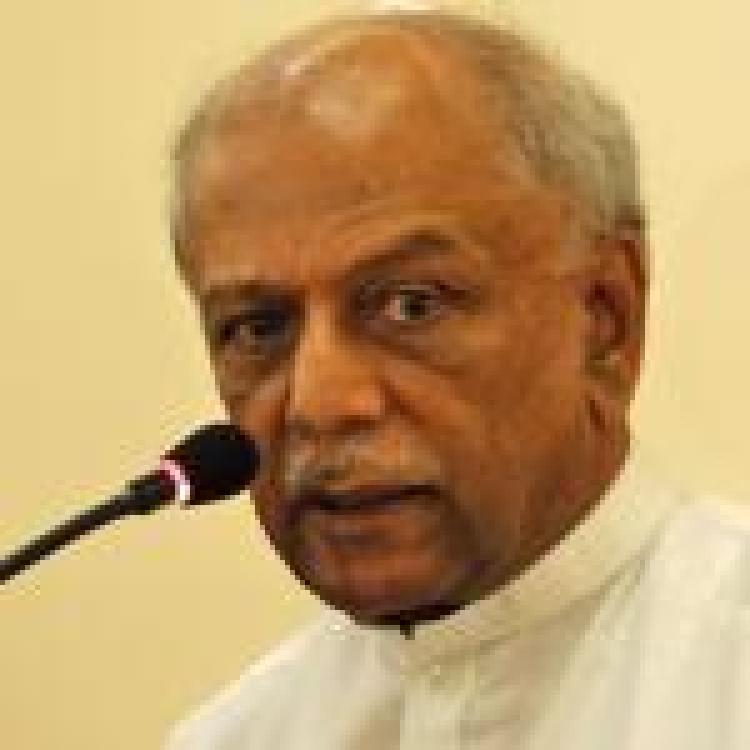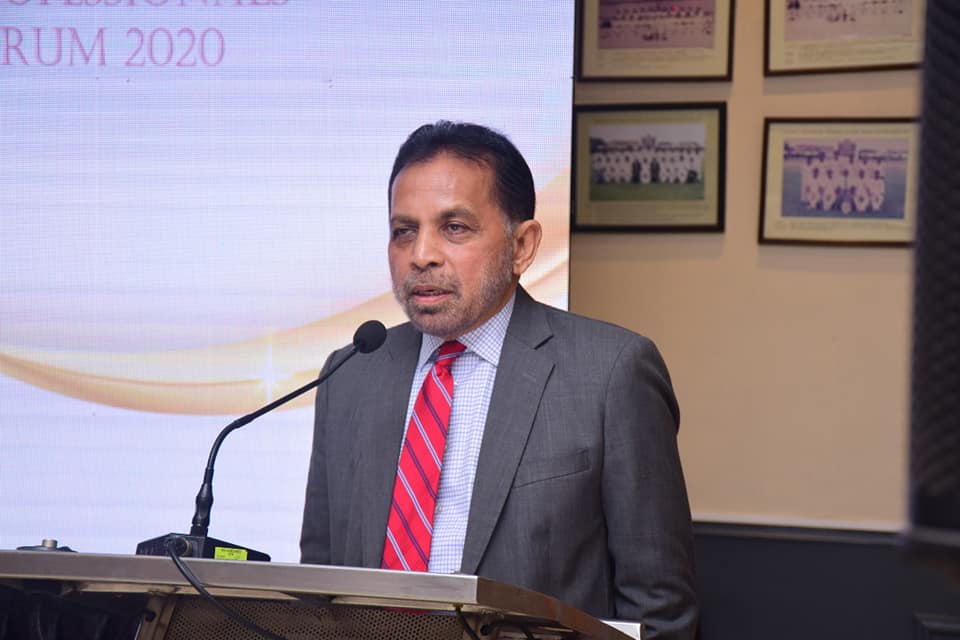
Following the passage of the UN Human Rights Council resolution, which mandated the collection of evidence that may be used in a future war crimes tribunal, Sri Lankan Ambassador to China, Palitha Kohona, has denied UN allegations and defended China’s treatment of its Uighur population.
“I don’t think that a significant concern has been expressed by anyone about the condition of Uighurs. As in the case of Sri Lanka, there are certain countries which are determined to raise issues in situations where there are no issues; create confusion, where there is no confusion; and, embarrass Sri Lanka internationally”.
Later in the interview, he further lashed out at the West stating that for 130 years they dominated Sri Lanka, “now they're making allegations about the country is far away from us”.
The statement itself follows similar remarks in February, by Sri Lanka’s Foreign Secretary, who himself stands accused of being complicit in the running of torture camps. The Foreign Secretary denied any evidence of the government committing genocide against the Uighur Muslims in Xinjiang.
There is no evidence to support claims by some western politicians that "genocide" was committed against the Uygur community in China's Xinjiang, said Sri Lanka's Foreign Secretary Jayanath Colombage in a recent interview with Xinhua. #GLOBALink pic.twitter.com/o4N2LpXlHh
— China Xinhua News (@XHNews) February 19, 2021
China stands accused of the forced detention of close to a million Uighurs in “re-education camps” and subject to abuses such as “enslavement, torture, rape, and enforced sterilisation”. Whilst China has denied these charges, senior barristers at Essex Court Chamber in London have compiled a 100-page report which includes first-hand witness evidence from survivors, satellite imagery and leaks of Chinese government papers. The report maintains that “there is a very credible case” that China’s treatment amounts to “crimes against humanity and the crime of genocide”.
According to one witness statement:
"Detainees report having been punished by administration of electric shocks, forced to remain in stress positions for an extended period of time, beaten, deprived of food, shackled and blindfolded."
Last week Sri Lankan President Gotabaya Rajapaksa praised the Communist Party of China (CPC) on its 100th anniversary and claimed that it wished to learn from the “strong leadership” of President Xi Jinping.
This follows a rapid increase in the number of Tamils and Muslims detained under the Prevention of Terrorism Act and the banning of hundreds of individuals and organisations.
Listen to the original interview here.

